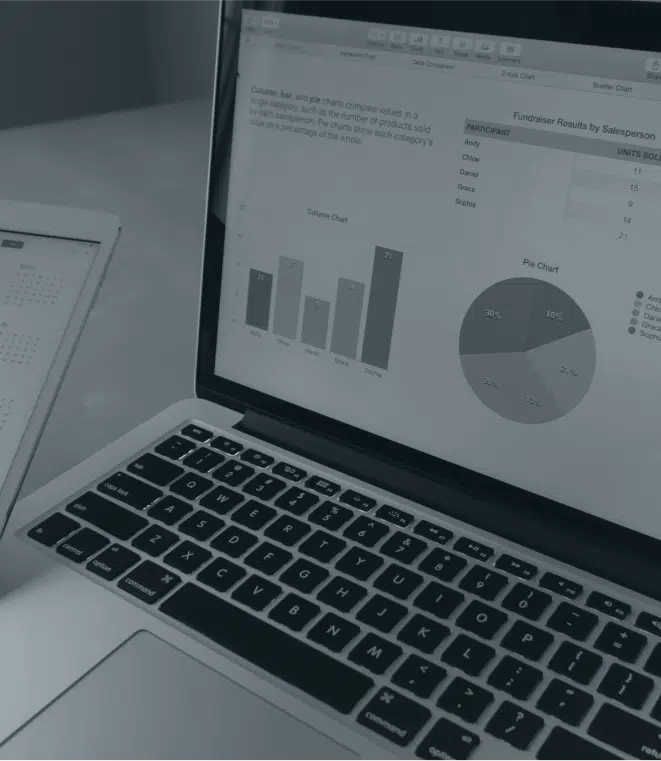The relevance of Enterprise Resource Planning (ERP) cannot be underestimated. Businesses operating in highly competitive environments are increasingly getting ERP platforms to help them scale, communicate easily, and boost their productivity.
But what is ERP?
ERP (Enterprise Resource Planning) is a system used by companies to manage and integrate operational functions. It is a single system that assists them to integrate planning, marketing, stocking, human resource, sales, inventory purchasing, and finance, among other functions.
Since ERP systems are stored in a Cloud, they can be accessed remotely, allowing the organizations to significantly reduce their operational costs, especially for the ones that have a presence in different regions.
The integration of business functions has become a must-have if the industries are growing. According to the Market Research Engine, the ERP market is expected to have 50 percent of companies planning to acquire or upgrade an ERP system by 2025. The notable growth is attributed to a growing need for operational efficiency and the acceptance of cloud computing technology, especially by small and medium companies.
In addition, there is also the fact that more businesses are increasingly looking to manage their mission-critical functions within a centralized integrated platform.
Even though it is common for a business to use stand-alone systems that operate in silos, emerging operational needs require a platform that allows legacy systems to communicate between each other using each other’s data to boost operations and enhance customer experience.
What are some of the benefits of ERP?
Prior to going deeper in ERP let’s look at some of the benefits of using this system:
1. ERP systems enable various departments to communicate seamlessly, share vital information and use it according to their needs.
2. ERP systems assist companies in reducing cost by eliminating duplicate and incompatible stand-alone systems, enhancing accuracy, and boosting productivity within the organization.
3. It also assists organizations to achieve faster and better outcomes from their day-to-day operations.
5. It provides reports of real-time data, which assists businesses to plan better, budget accurately, forecast, and communicate effectively to shareholders and partners.
6. ERP assists the different areas and departments of an organization to collaborate more effectively, efficiently, and share knowledge which leads to creating solid synergies.
What are the possible issues of using an ERP without Integration?
Even though ERP seems like a simple system implementation, just like any other system, it does have its challenges. These challenges will appear if, for some reason, you are not using integration to support your ERP system.
Let’s look at some of the possible obstacles to avoid them and achieve your ERP system implementation successfully with the right support and approach.
1. Non-integrated ERP System
You can have the best-in-class ERP system performing its own impeccable results as per the needs of the company, and while this is still allowed and practiced, this type of setup blocks the organization from limitless opportunities for growth.
On the flip side, when you integrate your ERP system with other critical software, you are unblocking huge opportunities that will accelerate your company’s average performance and customer experience by the speed in your responses to their queries.
2. Isolated data
Isolated data in ERP System is known as Data silos, and these are created when data is stored in isolation from the rest of the company and no other system or application can access the information. Regretfully, in many organizations, not sharing vital data and processes between the different departments is still common.
3. Poor Customer Experience
Nowadays customers are paying for the experience rather than the product which is becoming the new deciding factor when making a purchase decision. Isolated ERP systems are going to provide a 360-view of the customers’ needs, behavior, and buying patterns, directly affecting your business sales and insights.
How do you implement ERP?
If you’re considering an Enterprise Resource Planning (ERP) implementation for your growing business, you should hire a specialized company for training and support. This company will support the ERP Implementation Team by analyzing the company (the size of your organization, project expectations, and specific customizations) and training them in the ERP requirements and adaptations.
To avoid any lack of communication and user problems, your ERP team structure should have a representative from each of your company’s departments for a better understanding and adaptation to your current business processes. Keep in mind, when finding the right representative fit, that you need to look for those who excel not only in their own department, but who also have a global understanding of the business goals and mission.
Usually, a team structure has an Executive, Project Manager, End-User, Core Members, and the Implementation Partner (a specialized company supporting the implementation).
Your implementation partner is chosen by you to represent your company’s requirements through the process of implementing your ERP software, providing personalized reports, data migration, customization, training, and support.


